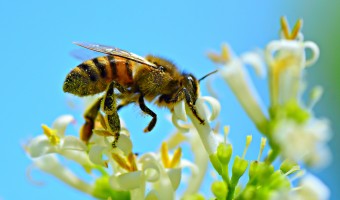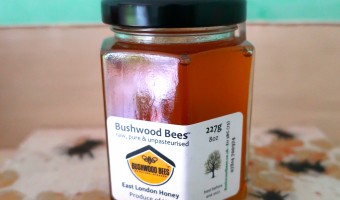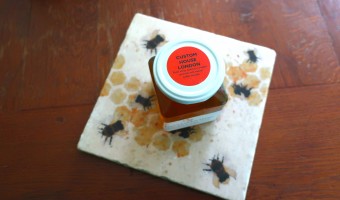Becoming a beekeeper in London
Beekeeping, what exactly is it?
It is the responsibility of taking care of bee colonies; the hives will most likely be human-made. Beekeepers take care of the honey bees to collect excess beeswax, propolis, bee pollen, royal jelly and flower pollen. By managing bees’ livelihood, beekeepers also help farmers grow fruit and vegetables to help with the pollination process.
Our 3-set honey box is currently offered with a 25% discount off for a limited time. Click here to get your honey and give your immune system a boost today.
Beekeepers have several responsibilities to ensure the bees are well-kept and that the honey gets to the consumer in good condition. Firstly, a beekeeper needs to ensure that their bees are healthy all year long to ensure their charges during the honey production months are functioning at an optimal level, which means having regular inspections for any sign of diseases. The beekeeper also needs to analyse the honey production to see if they require more space to produce honey as production can increase. They must ensure that their hives are close to plants, trees and flowers to collect nectar and produce honey. They also collect honeycombs two to three times a year, where beekeepers use smoke to subdue the bees, usually during the year’s warmer periods. During winter, the concentration shifts from honey collection to cleaning, repairing the hives, and even feeding the bees during early autumn, as honey production is stopped during those times.
Business opportunity
Being a beekeeper has several commercial opportunities. Each hive owned can produce a large amount of honey, where beekeepers can sell excess honey; this can be done online by creating an e-commerce store. They can also sell their honey wholesale to retailers as well. They can earn money through various by-products, such as beeswax candles, lip balm and even soap. Beekeepers can also lend their hives to other farmers, where they rent their hives to help with pollination. The farmers can also sell different types of bees, like the queen, to other farmers.
Beekeeping is not just for people who live in the countryside, but people who live in the city can also own bees. There has been a growing trend of 'urban beekeepers', especially in cities like London, New York and Berlin, where there has been an exponential growth in beekeeping.
If you want to find out more about urban beekeeping, click here!.
How to become a beekeeper in London?
Qualifications are not required to become a beekeeper, but it is essential to research your local county's rules as some places may require licenses or have banned beekeeping. New beekeepers must learn the proper techniques and knowledge to produce honey sustainably. One way to do this is to join a local beekeeping association, where they also provide courses for people to enter. When thinking about beekeeping to start a business, a minimum of a few years of beekeeping before setting up a business is recommended.
 Keeping Bees in the City and Winning
Keeping Bees in the City and Winning


.png)

 Load more triptoids
Load more triptoids
.png)
